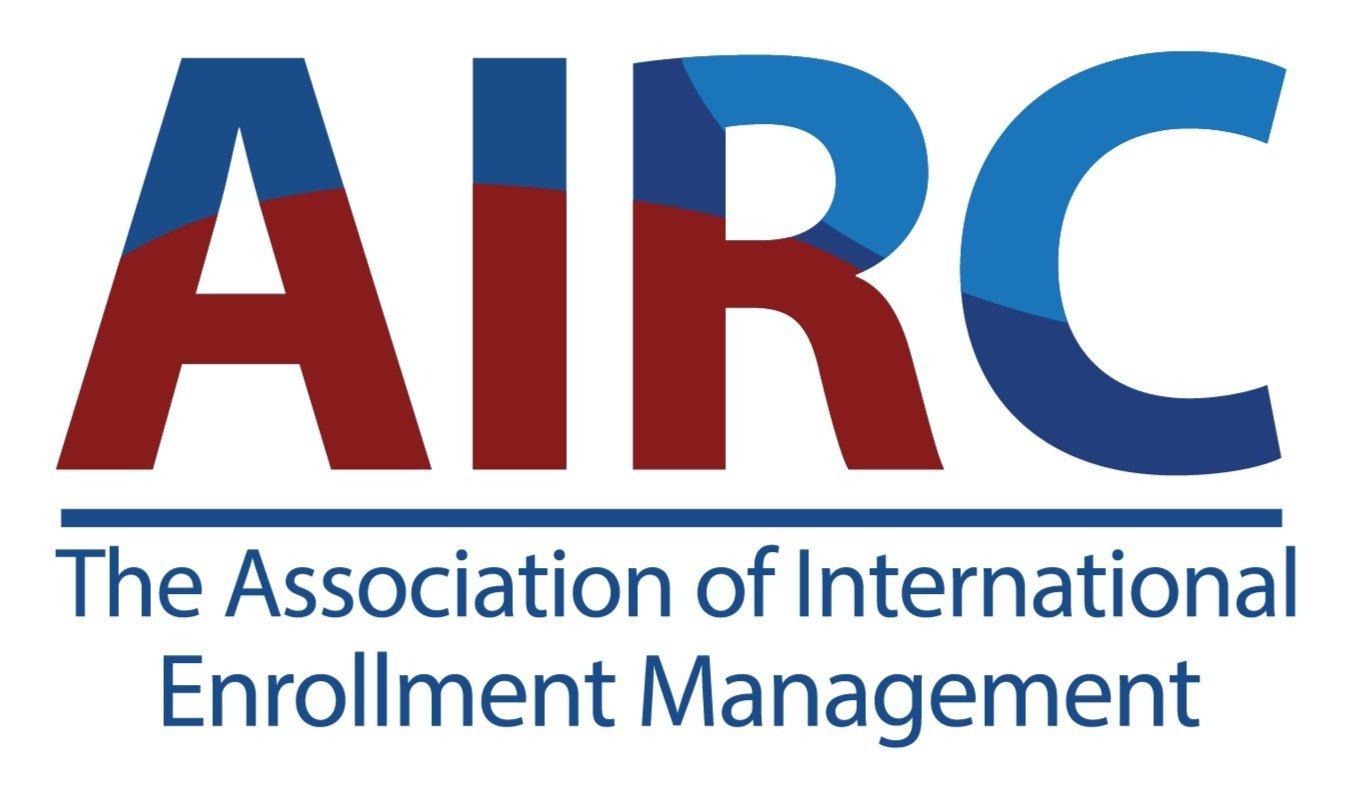Leigh Lane Peine, Senior Director of Marketing at Educational Credential Evaluators (ECE), writes about the importance of credential evaluations, a vital piece of the application process for international students looking to study abroad.
Q. What is credential evaluation?
A. A credential evaluation (referred to as an assessment in Canada) compares academic and professional degrees earned in one country to academic and professional degrees earned in another. Colleges, universities, employers, and governments use credential evaluations to evaluate foreign education as part of the admission or hiring process.
Acquiring a credential evaluation will ensure your foreign education is fully understood by colleges, universities, and employers within the United States and Canada. The documents used for an evaluation are verified for authenticity, so the institution will also have an assurance that your background is legitimate.
If you are a student, once the credential assessment report is prepared it is sent to the institution that you are applying to so that they can understand your academic achievements when considering you for admission.
Q. Who needs a credential evaluation?
A. Looking at it from the perspective of a student interested in study abroad, you will need a credential evaluation to apply to most higher education institutions in the U.S. and Canada. Credential evaluations explain your previous coursework and grades earned so that they can be considered as a part of your application for admission. You will be told by your university adviser that you are required to have an assessment, and it will likely be listed as part of the checklist for applying on the university’s website.
In addition, agents use credential evaluations to validate the qualifications of students they present to their institutional partners.
Q. What’s in the report?
Depending on the type of report you choose; it can include information such as: The name of the credential or degree you earned in another country,
What the credential or degree is equivalent to in the United States or Canada,
The courses you had taken or completed for the study program and the U.S. and Canadian equivalent credits and grades,
The equivalent grade point average in the U.S. or Canada,
And any additional comments or explanations about the credential or degree program.
Q. What type of report should students order?
A. Before applying, you should talk to your school adviser to determine first if you need a credential evaluation report, and if so, what type of assessment report they require. The most common report type is a Course-by-Course, but you should confirm what your chosen university requires.
Q. What kinds of documents do applicants need to provide?
A. You will want to check the website of the credential evaluation organization that you are using to make sure that you provide the correct documents. At ECE our document requirements vary by country of study to be the most secure yet reasonable to obtain.
Q. What should students look for in an organization that provides credential evaluations?
A. First, and very importantly, make sure that the school to which you are applying accepts the report from your chosen evaluation provider. Universities may accept reports from only one, multiple, or all providers. Most will advise you which organizations’ reports are accepted, but if you are not sure, ask. You don’t want to spend the time and money on a report that the university you want to attend does not accept.
In the United States, credential evaluations are unregulated by the government, and there are many providers, both nonprofit and for-profit. However, the National Association of Credential Evaluation Services (NACES) holds organizations to strict standards in the credential evaluation community. This seal of approval is trusted and often required, by universities throughout the U.S.
Look for organizations with a long history of helping students and the higher education community. The organization should be staffed with experts in the field, and their evaluators should have many years of experience. For example, at Educational Credential Evaluators (ECE) we have been around since 1980, and our evaluators have an average of 12 years of experience.
And consider the level of customer service you can expect from a provider. You may have questions along the way. Does the provider have full-time customer service staff available to help you? How quickly will they get back to you? Once the evaluation is completed, can you or a university representative talk to the evaluator who prepared the report if needed?
Also, check the independent reviews by other applicants, such as Google reviews. If an organization does not allow reviews to be posted on social media, that may be a red flag. Work with an assessment provider that understands how stressful the process of applying to universities overseas can be and will make the evaluation piece as simple as possible and will be there for you if you need help.
Q. Any final thoughts?
A. I would like to mention one more thing. A credential evaluation should not be taken lightly. It is an extremely important part of the process to study in another country. When a stranger halfway around the world has the report in their hands, they’re looking at your accomplishments and the potential you have, so it’s imperative that you be given proper recognition so that person sees you in the most positive light.
It is inspiring to see the individuals ECE serves given the opportunity to improve their lives, the lives of their families, and, quite frankly, the world. We want and need the talents of qualified and passionate people now more than ever.
Reproduction in whole or in part without permission is prohibited.
This is a sponsored post.

